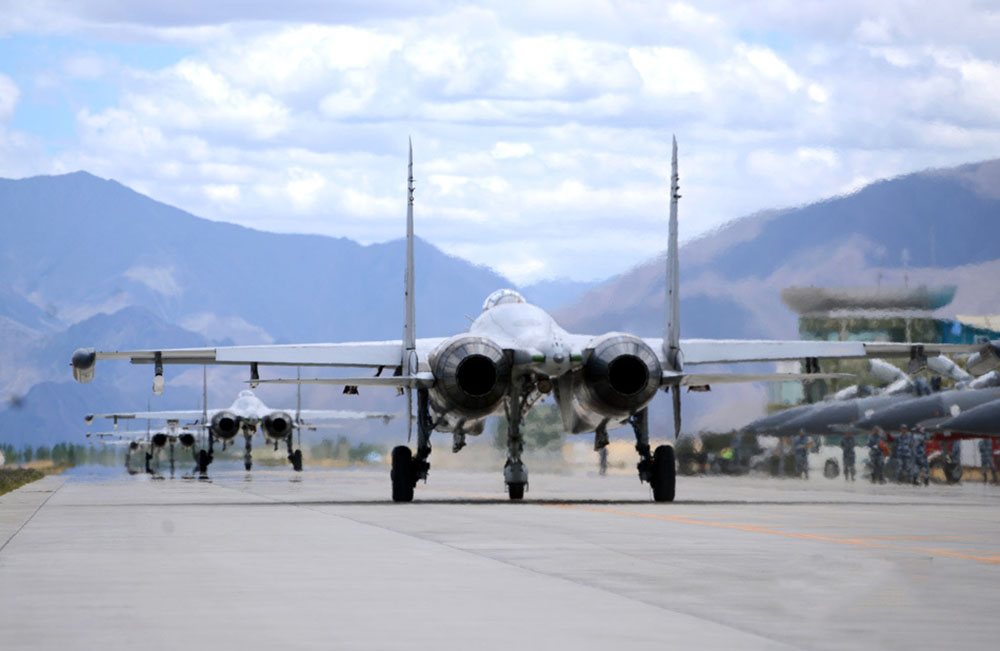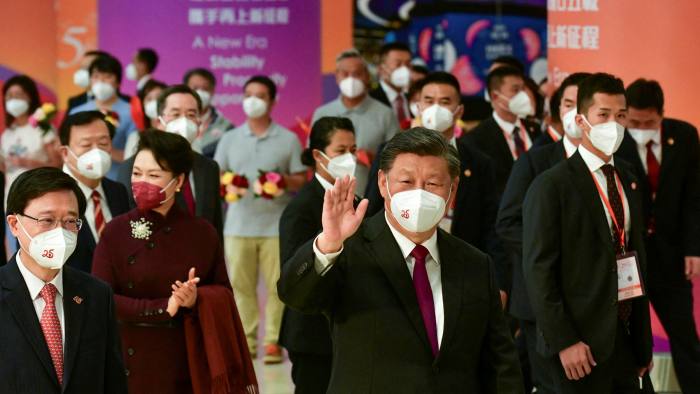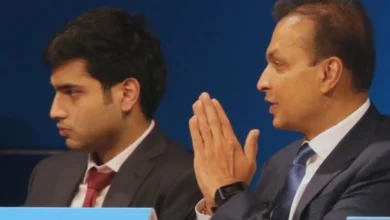Is China Secretly Aiming At Yet Another Confrontation With India? Xi Jinping Seems Intent On Flexing China’s Muscles As He Asks National Security Chiefs To Prepare For ”Worst Case Scenarios And “Stormy Seas”
China has been steadily building up its military prowess in Tibet in the Xinjiang province, and a fact that any military strategist will point out is that this does not look like a defensive preparation but rather a military buildup, preparing for an offensive, perhaps.

China’s always up to something, aren’t they? The recent military buildup in Tibet and Xinjiang has raised some eyebrows, and it’s hard not to wonder if it’s just a defensive move or a preparation for an offensive. However, going by past experiences worth their salt would tell you that the steady buildup doesn’t exactly scream “defense.”
But why should this not surprise India when China has spun a pattern of attacking every time it pulls up its military troops and revises its infrastructure? It’s almost like clockwork. So, naturally, the question arises: Is China planning a full-blown war against India this time around? The signs seem to be pointing in that direction.

The timing and the reasons for such questions are that a picture is clearly emerging that the dragon is slowly and steadily preparing for more, as logistics are smoothened and laid out for combat ready.
The infrastructure that China is building in Tibet in the Xinjiang province points to only one thing this is not a defensive preparation. This is preparation for a military offensive, and perhaps this time round, it may not be limited to just a ground misadventure; rather, it may be preparing for near future air battle instead.
What else can explain the frenzied pace of military and dual installations that have sprung up, complete with new runways, ammunition storage facilities and other auxiliary infrastructure that has pruned up in just the last five years?
In 1962, India and China had fought home, a ground assault by China as it tried to make an incursion into India before drawing back.
But things have changed since 2017, with the Chinese bid for a land grab on Bhutanese Territory, building 4 Villages in 1 Year; the move was particularly worrying for India since it is responsible for the territorial integrity of Bhutan, which maintains a limited armed force.
Then again, at the beginning of 2020, Chinese and Indian troops engaged in aggressive melee, face-offs, and skirmishes at locations along the Sino-Indian border, including near the disputed Pangong Lake in Ladakh and the Tibet Autonomous Region and near the border between Sikkim and the Tibet Autonomous Region when Chinese forces objected to Indian road construction in the Galwan river valley.
Another face-off in January 2021 left troops on both sides injured. It took place near India’s Sikkim state, between Bhutan and Nepal.
Despite military-level talks, tensions continue. In December 2022, troops clashed for the first time in more than a year.
It happened near the Tawang sector of Arunachal Pradesh state, the eastern tip of India. Some soldiers suffered minor injuries.
Coming to 2023, satellite image shows that China’s air bases along India’s border have substantially become more robust. Why must China boost its defensive air power here and on the border with India? Is China plotting?
It all just seems too convenient, doesn’t it? China’s pattern of aggression, their relentless military buildup, and now the fortified air bases along the Indian border. One can’t help but question their intentions. Is China secretly aiming for yet another confrontation with India? And if so, should we be worried? More importantly, how well is India prepared to handle such a situation?

China Must Be Prepared
Meanwhile, news came in that Xi Jinping has directed China’s national security chiefs to prepare for ”worst case scenarios and “stormy seas”, implying precisely what?
“The complexity and difficulty of the national security issues we now face have increased significantly,” Xi said Tuesday at a meeting of the party’s National Security Commission, according to a state news agency.
“We must adhere to bottom-line thinking and worst-case-scenario thinking and get ready to undergo the major tests of high winds and rough waves, and even perilous, stormy seas,” he added.
Xi Jinping Feeling The Need To Assert His Power?
According to Xi, the complexity and difficulty of China’s national security issues have supposedly increased significantly. Signs he’s feeling the pressure, especially with their struggling economy and what they perceive as an increasingly hostile international environment?
To tackle this so-called “complex and grave” situation, Xi wants China to speed up the modernization of its national security system and capabilities.
This shows the accurate picture of Beijing’s policies because, you know, being effective in “actual combat and practical use” is clearly the way to go. Who needs diplomacy and peaceful coexistence when you can flex your muscles?
And let’s remember Xi’s obsession with national security. He’s managed to extend the concept to cover every aspect of China’s governance, from politics and the economy to defence, culture, ecology, cyberspace, and even outer space. It’s like security has become the holy grail of their entire existence.
Under Xi’s comprehensive national security framework, China has introduced a whole bunch of legislation to protect itself from perceived threats. Counter-terrorism, counter-espionage, cybersecurity, foreign NGOs, national intelligence, data security – you name it, they’ve got a law for it.

Let’s not forget about Hong Kong, where Beijing imposed a sweeping national security law to crush dissent after those aggravating democracy protests.
The raids on foreign companies, the detention of foreign nationals on suspicion of espionage – it’s all part of China’s grand plan to prioritize security over economic growth.
And now, Xi wants China to shape a “secured external environment” to protect their precious “opening up” and promote the integration of development and security. It’s like he wants the whole world to cater to China’s security concerns while conveniently ignoring the concerns of other nations.
So, there you have it, Xi Jinping and his preoccupation with national security. The man clearly feels he needs to assert himself and China’s authoritarian position and wants to ensure China is ready to weather any storm. But let’s not forget that while he talks about security, he really means control, suppression, and an iron grip on power. It’s just another day in the world of Xi’s China, but it could become an albatross around India’s Neck!




